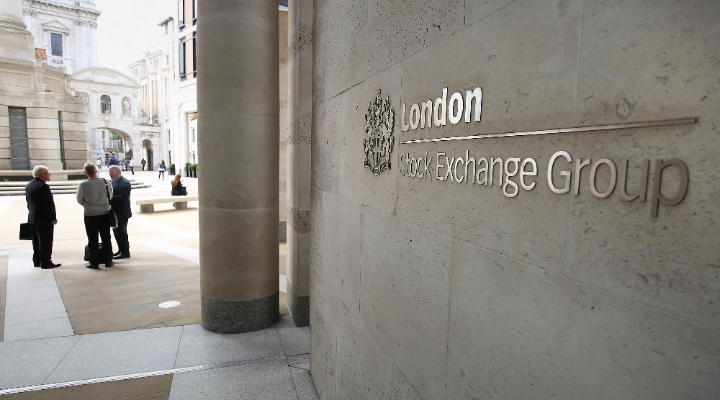
UK smaller companies fund managers fear that any economic downturn triggered by the coronavirus could bring about the downfall of businesses that have racked up too much debt, as well as hitting dividend payments from the UK’s biggest firms.
In the current environment “if you’ve got a lot of debt, you’ve got a massive problem,” says Dan Whitestone, manager of the BlackRock Throgmorton Trust (THRG), which has a Bronze Morningstar Analyst Rating and a five-star performance rating. This current crisis has thrown the focus on highly leveraged companies, which “are totally exposed” now the global economy has changed so dramatically in the last few weeks.
So-called "zombie" companies - those that manage to limp on because of cheap borrowing. have been a concern to professional investors for some time. Usually such companies would be forced out of business after a period, but a decade of rock-bottom interest rates has enabled many to carry on against the odds. Fund managers think the coronavirus shock could finally push many of these struggling companies over the edge.
Which Sectors Could be Worst Hit?
Whitestone is focusing on travel and leisure companies as the most likely to fall first in the coming months – some of these firms have seen staggering share price declines since the outbreak of the virus in January. Indeed shares in cruise operator Carnival (CCL) are down more than 70% year to date and Tui (TUI) more than 75%.
Stuart Widdowson, co-manager of the Odyssean Investment Trust (OIT) thinks advertising companies are the “canary in the mine” for how long the disruption will last. Many of these companies are generally highly exposed to economic downturns and have been particularly hard hit as conferences and meetings are cancelled across the world. He also points to the oil sector as one to watch after last week’s 30% slide in oil prices; not just the well capitalised oil producers that have to adjust to new prices, but companies that lend money to the sector.
Dividends Under Threat
Whitestone fears some companies are ill-prepared to handle any cash crunch from a downturn and will be forced to cut dividends to survive - the recent share price falls as the FTSE has fallen into a tailspin has pushed the yields of some stocks to seemingly unsustainable levels. “2020 will be another year of massive high-profile dividend cuts,” says Whitestone. This would be a major blow to income investors who saw cuts from a number of big names last year including Vodafone (VOD), Marks & Spencer (MKS) and Imperial Tobacco (IMB).
That's a worry for those invested in Equity Income funds, he points out; many firms “are hostage to paying dividends they can’t afford” and that without a dividend, these companies will struggle to attract investors.. Whitestone says: “You’ve got to ask companies: ‘What’s the investment case now?' You’re no longer paying a yield, you chronically underinvested, you’ve got way too much leverage, you’ve got no cash. What are you going to do?’”
Is China Recovering?
Despite the gloomy prognosis for indebted firms, UK smaller companies managers are relatively upbeat about the impact of coronavirus on stock markets. Jonathan Brown, manager of the four-star rated Invesco Perpetual UK Smaller Companies trust (IPU), doesn’t see the current crisis having a long-term impact; he even sees the current sell-off as inevitable after a decade-long bull run. – and that after such a long bull run, a sell-off was inevitable.
“What we’re hearing on the ground is that the majority of factories are back up and running in China,” he argues. BlackRock’s Whitestone takes comfort from China’s response to the outbreak and is planning to “ride this period through” and focus on next year’s earnings.




























